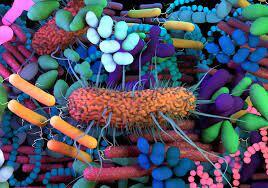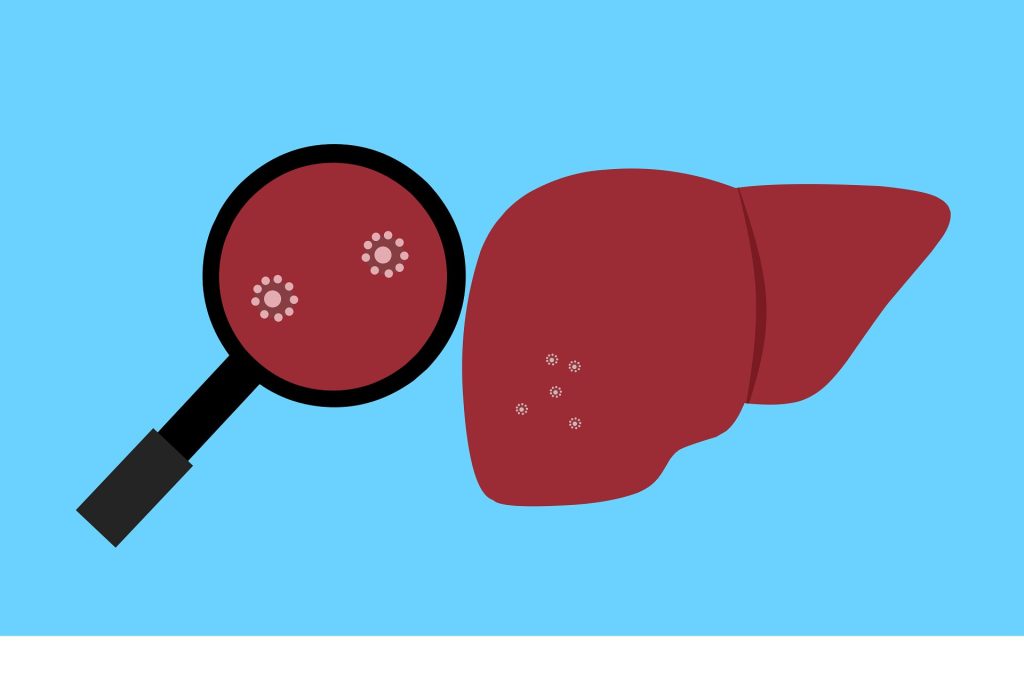Improve melanoma treatment with fecal transplant?
Using immune checkpoint inhibitors like pembrolizumab or nivolumab in conjunction with fecal transplants demonstrated the procedure’s safety in patients with advanced melanoma, according to a phase 1 clinical trial.
65% of the trial participants experienced a favorable response to immunotherapy. Following the fecal transplant, positive responders’ gut microbiomes revealed a rise in helpful bacteria and a decrease in dangerous bacteria.
Larger phase 2 trials will be carried out, and the use of faecal transplants in difficult-to-treat malignancies like pancreatic cancer will be investigated.

Numerous cancer patients have recently benefited from a type of treatment called immunotherapy, which uses the immune systems of the patients to identify and eliminate cancer cells.
Some immunotherapy medications, such as pembrolizumab (Keytruda) and nivolumab (Opdivo), function by preventing the mechanism by which cancer cells can conceal themselves from the immune system.
These immune checkpoint inhibitors, also known as anti-programmed death (PD-1) medications, are successful in treating roughly 50% of patients with melanoma, a kind of skin cancer.
Recently, researchers investigated whether patients with metastatic melanoma might respond better if immunotherapy and fecal microbiota transplants were combined.
This combination was not only risk-free but most patients responded well to the therapy, with some obtaining complete remission.
Phase 1 of the trial
Faecal transplants were coupled with the licenced medications pembrolizumab or nivolumab, which are already the standard of care for advanced melanoma, in the phase 1 MIMic trial.
The objective of the clinical experiment was to determine whether it is secure to combine these two medications in melanoma patients. As a supplementary goal, the impact of faecal transplants on the immune system and gut flora was evaluated.
Following a technique that was approved by Health Canada, healthy donors were carefully chosen. Then, capsules were created using the faeces of healthy donors.
Twenty metastatic melanoma patients were enrolled in the trial from Lawson Health Research Institute, the Jewish General Hospital (JGH), and the Centre Hospitalier de l’Université de Montréal (CRCHUM).
Each research subject was given capsules containing 80–100 mg of a fecal transplant from a single healthy volunteer donor. At least a week before receiving treatment with approved immunotherapy medications (either pembrolizumab or nivolumab), the fecal transplants were administered orally as capsules.
Is fecal transplantation plus immunotherapy safe?
The faecal transplantation operation was successfully completed by each of the 20 patients.
No major side effects were noticed prior to beginning immunotherapy, and no infections were spread through faecal transplantation. However, eight patients (40%) did have mild to moderate side effects from faecal transplantation, including diarrhoea, flatulence, and abdominal discomfort.
17 patients (85%) of the group encountered adverse immune-related events, the majority of which (70%) happened within the first three months of immunotherapy. Of these, five study participants (25%) experienced significant immune-related adverse effects, including nephritis (n = 1), arthritis (n = 2), exhaustion (n = 1), pneumonitis (n = 1), and arthritis (n = 2). These side effects forced the study participants to stop receiving their medication.
The researchers found no previously unreported adverse reactions to immunotherapy or faecal transplantation.
Did combined therapy lead to better results?
Four of the 20 participants in the trial (20%) experienced complete remission, making up 65% (13 out of 20) of the patients who responded favorably to the therapy.
All patients had strains of the donor’s bacteria in their gut microbiomes, according to analysis; however, this resemblance only got stronger over time in those patients who had a good response to the therapy. After receiving faecal transplants, respondents had higher levels of helpful bacteria and lower levels of dangerous bacteria.
The good impact of healthy donor faeces in boosting the efficiency of immunotherapy was further demonstrated in studies on mice by the researchers.
Fecal microbial transplantation: what is it?
Fecal transplantation, also known as fecal microbial transplantation (FMT), is a medical treatment in which the recipient’s intestines are filled with a healthy person’s donated poo (or feces).
In order to address medical disorders linked to abnormalities in gut bacteria, this method involves introducing healthy bacteria into the recipient’s intestines.
The effective treatment for recurrent Clostridium difficile infections is fecal transplantation. Fecal transplants are frequently administered via colonoscopy, however they can also be given as pills.
Gut and immune system interaction
So why do immune checkpoint inhibitors not work for everyone?
Recent research reveals that the bacteria in the gut may have an impact on how well the medications work. Immune checkpoint inhibitor-responsive individuals have a distinctive and healthy gut microbiome, often known as a “group of microorganisms in their gut.”
One of the study’s authors, Saman Maleki, Ph.D., assistant professor of oncology, pathology and laboratory medicine, and medical biophysics at Western University, as well as a researcher at the London Regional Cancer Programme and Lawson Health Research Institute, reasoned that altering a person’s gut microbiome to make it more diverse and healthy may enhance their response to immune checkpoint inhibitors.
Faecal microbial transplantation is one technique to modify the gut microbiota.
Will fecal transplants be used in the management of melanoma?
The principal study investigator, Dr. John Lenehan, a medical oncologist at the London Regional Cancer Programme, an associate scientist at the Lawson Health Research Institute, and an associate professor of family medicine and oncology at Western University, stated that the most significant finding in the study was that “none of the patients were harmed by the experimental treatment.”
Faecal transplants had been demonstrated to be beneficial by observational and pre-clinical studies, but “what happens in mice does not always translate to patients,” he noted. In fact, according to Dr. Lenehan, “more recent studies using similar therapies have shown harm, with patients having a worse response.”
He clarified that faecal transplantation was carried out differently in these other investigations than it was in the MIMic experiment.
“There are several factors, including bowel preparation, the number of FMTs required, the amount of stool required, and the identity of the donors. We had no idea if our approach would be secure or efficient. Thankfully, it appears that it was both! “, he exclaimed.
The director of the Supportive Oncology Research Group at the University of Adelaide and a research fellow at the Hospital Research Foundation Group, Hannah Wardill, Ph.D., who was not involved in this study, thinks this combination therapy strategy has the potential to be a successful treatment.
“FMT is a reasonably accessible intervention, and this study shows it is safe and likely effective at improving immunotherapy response,” she added.
The combination of faecal transplants and immunotherapy results in an improved response rate in patients who would otherwise be unresponsive to immunotherapy, which indicates that “more people will benefit from immunotherapy,” according to Dr. Wardill.
REFERENCES:
- https://www.medicalnewstoday.com/articles/could-fecal-transplants-improve-melanoma-treatment
- https://www.sciencedaily.com/releases/2023/07/230707111654.htm
- https://acsjournals.onlinelibrary.wiley.com/doi/10.3322/caac.21676
For Cancer disease medications that have been suggested by doctors worldwide are available here https://mygenericpharmacy.com/index.php?therapy=10
